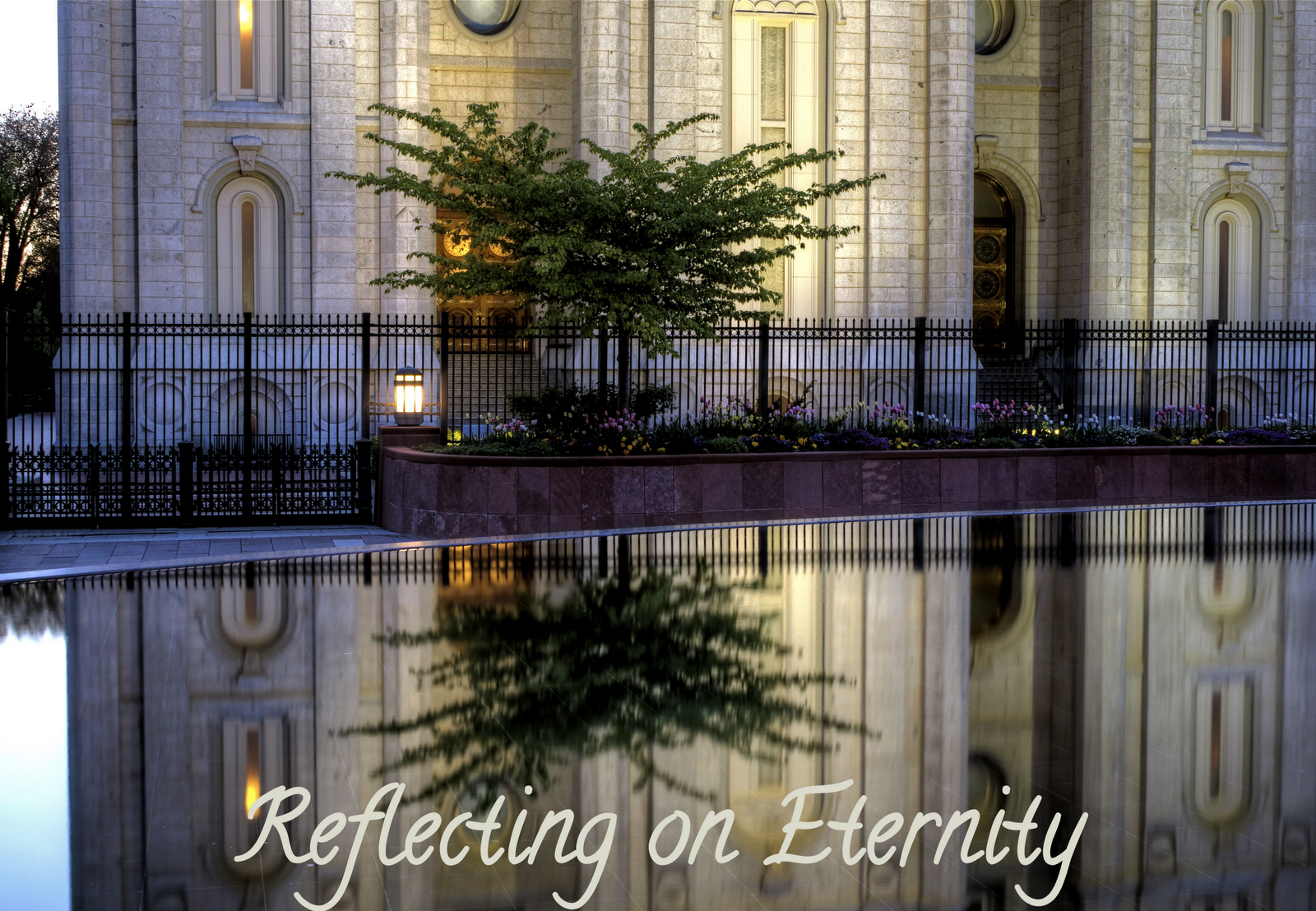"Much has been written concerning this, and I need not go into detail. All of you are familiar with the story. Suffice it to say that those who set out on the long journey from the British Isles to the valley of the Great Salt Lake began their travel in faith. They had little or no knowledge of what they were getting into. But they moved forward. They began their journey with great expectation. That expectation gradually failed them as they moved west. As they commenced the tedious journey following the Platte River and then up the valley of the Sweetwater, the cold hand of death took its fearsome toll. Their food was rationed; their oxen died; their carts broke down; they had inadequate bedding and clothing. Storms raged. They sought shelter, but they found none. The storms beat about them. They literally starved to death. Scores died and were buried in the frozen ground.
Fortunately, they were passed by Franklin D. Richards on his way from England. He had a lightweight conveyance with horses and was able to travel much faster. He came on to this valley. It was this very season of the year. The general conference was in session. When Brigham Young received the news, he immediately stood before the congregation and said:
“I will now give this people the subject and the text for the Elders who may speak to-day and during the conference, it is this, on the 5th day of October, 1856, many of our brethren and sisters are on the plains with hand-carts, and probably many are now 700 miles from this place, and they must be brought here, we must send assistance to them. The text will be, ‘to get them here.’ I want the brethren who may speak to understand that their text is the people on the plains, and the subject matter for this community is to send for them and bring them in before the winter sets in. …
“I shall call upon the Bishops this day, I shall not wait until to-morrow, nor until [the] next day, for 60 good mule teams and 12 or 15 wagons. I do not want to send oxen, I want good horses and mules. They are in this Territory, and we must have them; also 12 tons of flour and 40 good teamsters, … 60 or 65 good spans of mules, or horses, with harness. …
“I will tell you all,” said he, “that your faith, religion, and profession of religion, will never save one soul of you in the celestial kingdom of our God, unless you carry out just such principles as I am now teaching you. Go and bring in those people now on the plains, and attend strictly to those things which we call temporal, or temporal duties, otherwise your faith will be in vain; the preaching you have heard will be in vain to you, and you will sink to hell, unless you attend to the things we tell you” (Deseret News, Oct. 15, 1856, 252).
Immediately horses and mules and strong wagons were offered. Flour in abundance was forthcoming. Warm clothing and bedding were quickly assembled. Within a day or two the loaded wagons were moving eastward through the snow.
When the rescuers reached the beleaguered Saints, they were like angels from heaven. People wept tears of gratitude. The handcart people were transferred into wagons so they could travel more quickly to the Salt Lake community.
Some two hundred died, but a thousand were saved.
Among those who were in dire circumstances on the plains was my wife’s great-grandmother. She was part of the Hunt wagon company.
Today, my wife’s gravesite in the Salt Lake City Cemetery looks down at the gravesite of her great-grandmother, Mary Penfold Goble, who died in the arms of her daughter as she was entering this valley on December 11, 1856. She was buried the next day. She had lost three of her children on that long journey. The feet of a surviving daughter were terribly frozen.
What a story it is. It is filled with suffering and hunger and cold and death. It is replete with accounts of freezing rivers that had to be waded through; of howling blizzards; of the long, slow climb up Rocky Ridge. With the passing of this anniversary year, it may become largely forgotten. But hopefully it will be told again and again to remind future generations of the suffering and the faith of those who came before. Their faith is our inheritance. Their faith is a reminder to us of the price they paid for the comforts we enjoy."


No comments:
Post a Comment